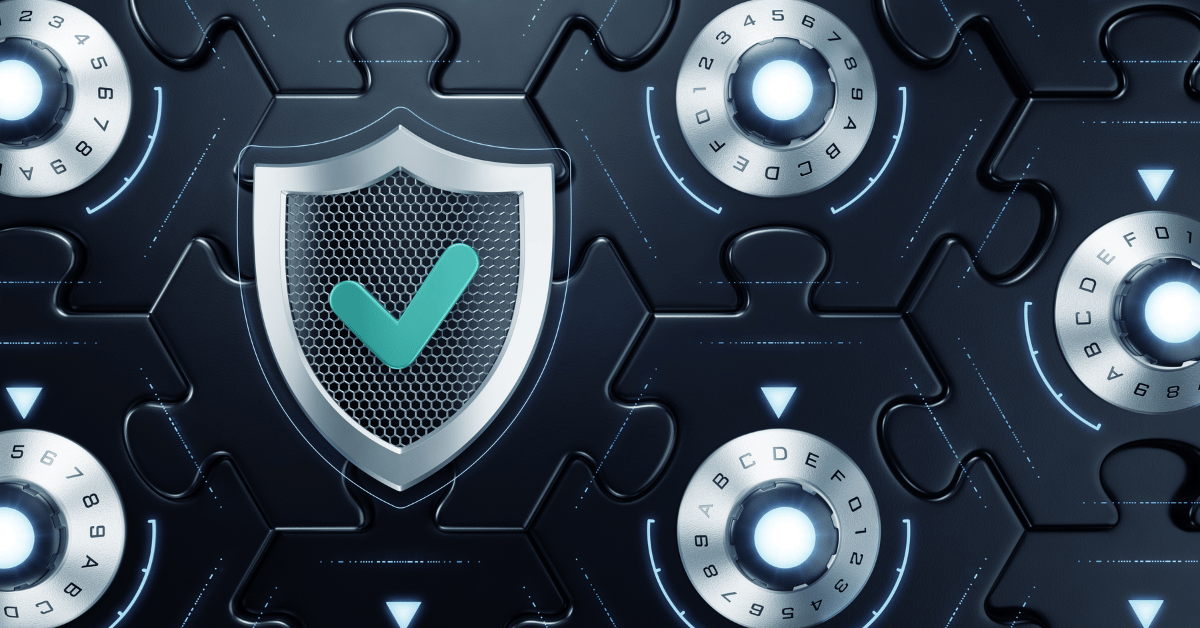Meeting HIPAA Security Standards with NAC

With the increasing use of electronic health records (EHRs) and other digital medical information, healthcare providers must prioritize the security of their networks to ensure the privacy of patients’ information. One way to accomplish this is through network access control (NAC), a security solution that can help healthcare providers meet HIPAA compliance requirements.
HIPAA, or the Health Insurance Portability and Accountability Act, was enacted in 1996 to establish standards for protecting the privacy and security of patients’ medical information. HIPAA requires healthcare providers to implement technical safeguards to protect the confidentiality, integrity, and availability of electronic protected health information (ePHI). This includes implementing access controls to ensure that only authorized individuals have access to ePHI.
NAC & HIPAA Security Standards
NAC is a security solution that helps healthcare providers enforce access controls and protect their networks from unauthorized access. NAC solutions work by authenticating users and devices before allowing them to access the network. This process ensures that only authorized users and devices can access ePHI, reducing the risk of data breaches.
NAC solutions can also help healthcare providers meet other HIPAA compliance requirements, such as monitoring and auditing access to ePHI. NAC solutions can track and log network activity, providing an audit trail that can be used to investigate security incidents or demonstrate compliance during audits. Furthermore, NAC solutions can also provide additional security features, such as endpoint security, which can help prevent the spread of malware and other threats. This can help healthcare providers maintain the confidentiality, integrity, and availability of ePHI, as required by HIPAA.
Key NAC Functionality for HIPAA
Specifically, NAC supports HIPAA security standards by delivering functionality across these areas:
- Access controls: NAC solutions help healthcare providers enforce access controls by requiring users and devices to be authenticated before accessing the network. This helps ensure that only authorized individuals have access to electronic protected health information (ePHI), as required by HIPAA.
- Monitoring and auditing: NAC solutions can track and log network activity, providing an audit trail that can be used to investigate security incidents or demonstrate compliance during audits. This helps healthcare providers meet HIPAA requirements for monitoring and auditing access to ePHI.
- Endpoint security: NAC solutions can provide additional security features, such as endpoint security, which can help prevent the spread of malware and other threats. This helps healthcare providers maintain the confidentiality, integrity, and availability of ePHI, as required by HIPAA.
- Risk management: NAC solutions can help healthcare providers identify and manage risks to their network security. By monitoring network activity and enforcing access controls, NAC solutions can help healthcare providers identify potential security threats and take action to mitigate those risks.
- Incident response: In the event of a security incident, NAC solutions can help healthcare providers respond quickly and effectively. By providing an audit trail of network activity, NAC solutions can help healthcare providers identify the source and scope of a security incident and take appropriate action to contain and remediate the incident.
Overall, NAC is an essential security solution for healthcare providers looking to meet HIPAA compliance requirements and protect their patients’ information. By implementing NAC solutions, healthcare providers can ensure that only authorized users and devices have access to ePHI, track and audit network activity, and provide additional security features to prevent the spread of threats. As the healthcare industry continues to digitize, NAC will become an increasingly critical tool for ensuring the security and privacy of patients’ information.
Try Portnox Cloud for Free Today
Gain access to all of Portnox's powerful zero trust access control free capabilities for 30 days!







